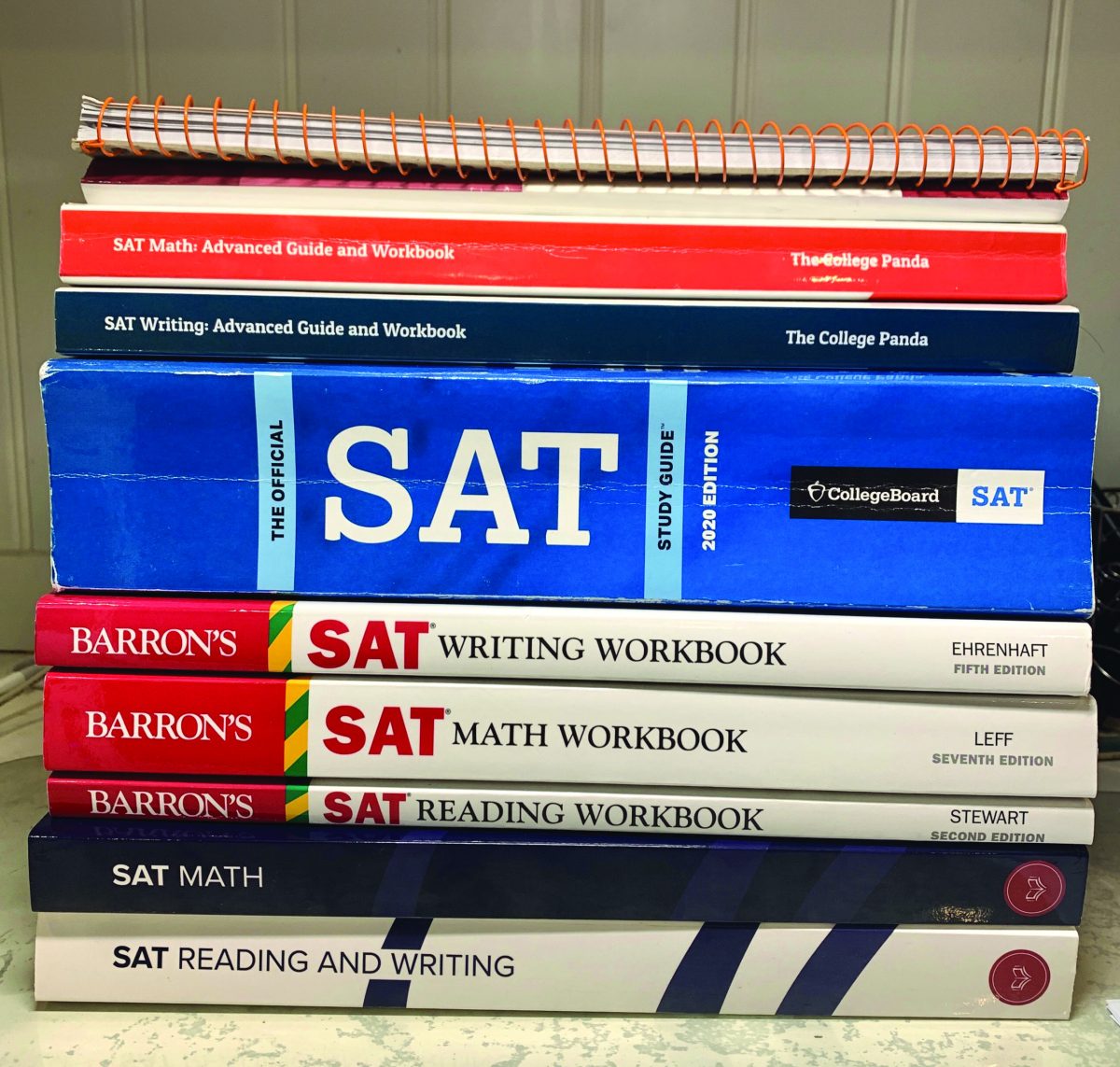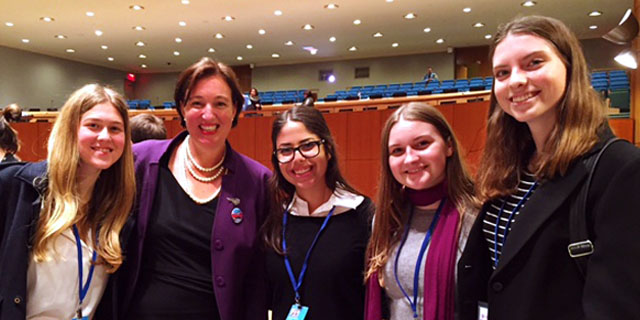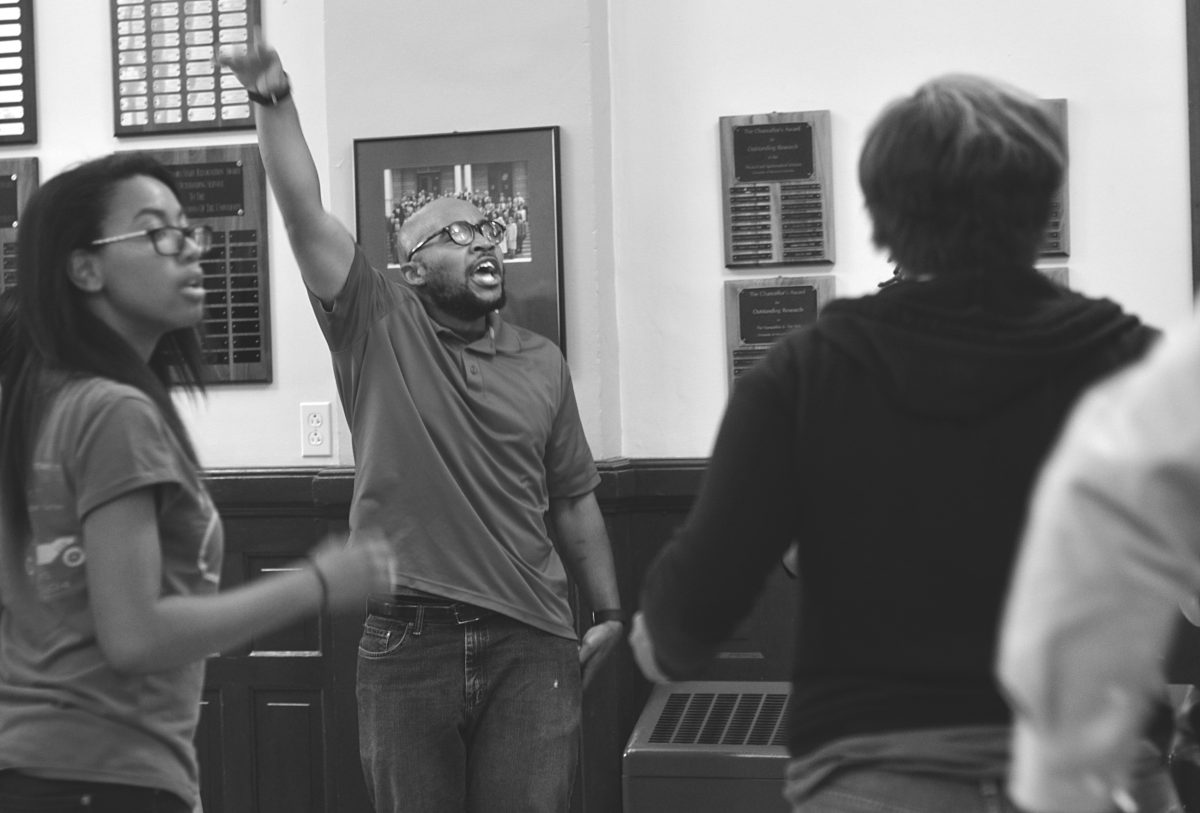
During the 2012 Conservative Political Action Conference, Alabama businessman Shaun McCutcheon launched a legal challenge to the maximum amount of money, or aggregate limit, that can be donated to political candidates and committees. After being denied motion in the 9th Circuit Court of Appeals, McCutcheon’s case, McCutcheon v. Federal Election Commission (FEC), was heard by the United States Supreme Court on Oct. 8, 2013.
McCutcheon, a conservative Republican from Birmingham, has contributed extensively to Republican campaigns in the past and believes that restrictions on campaign funding infringe on his First Amendment right to free speech. In 2012, he donated up to the existing limit of $2,600 to Mitt Romney’s presidential campaign, but he now wants to raise the aggregate limits so that he can give more money to a greater number of candidates.
The Supreme Court has continuously denied motion to repeal limits on campaign donations because the FEC argues that limits exist to prevent corruption. The last campaign finance case to reach the Supreme Court was in 2010, when Citizens United v. FEC challenged limits on the contributions of corporations. Citizens United v. FEC is an important precedent for the McCutcheon case because the Supreme Court ruled, in order to not limit citizens’ First Amendment rights, not to put aggregate limits on corporations who make advertisements for campaigns.
“It’s just one case, but it’s a case that combined with Citizens United has the potential to completely change the way that we finance campaigns,” History and Social Sciences Department Head Catherine Atwell said.
Due to the number and importance of previous and similar cases that resulted in diminishing the range of laws that limit campaign donations, McCutcheon v. FEC has the potential to raise aggregate limits for campaigns. A raise to aggregate limits would also set a precedent for future cases dealing with campaign spending, bringing the country one step closer to revoking all spending limits.
McCutcheon’s critics fear that if the Supreme Court rules to raise aggregate limits, the influence of big business in politics will increase and potentially overpower the voice of the general public because politicians will depend on donations from these groups to get reelected and so will be likely to pursue policies that favor corporations while in office.
“I think having so many donors involved has caused way too many problems, too much money being influenced on politics. And politicians aren’t paying attention to politics because they keep trying to fundraise,” Jane ’15 said.
McCutcheon’s position is supported by Senate Minority Leader Mitch McConnell, who wishes to eliminate campaign spending limits altogether. McConnell believes that any limits are unconstitutional, and in 2003 he failed to outlaw them through the Supreme Court and has now joined McCutcheon in advocating their elimination.
The Supreme Court justices are split pretty evenly. Conservative justices are against limits, while liberal justices believe spending limits should be maintained.
“The liberal justices are concerned that those rules lead to corruption in the political process because you can sort of buy candidates or buy influence disproportionately,” History and Social Sciences Instructor and Debate Program Head Adam Torson said.
Because the justices are divided, the Supreme Court’s decision, hopefully made by the end of June 2014, will be inevitably difficult to predict.












